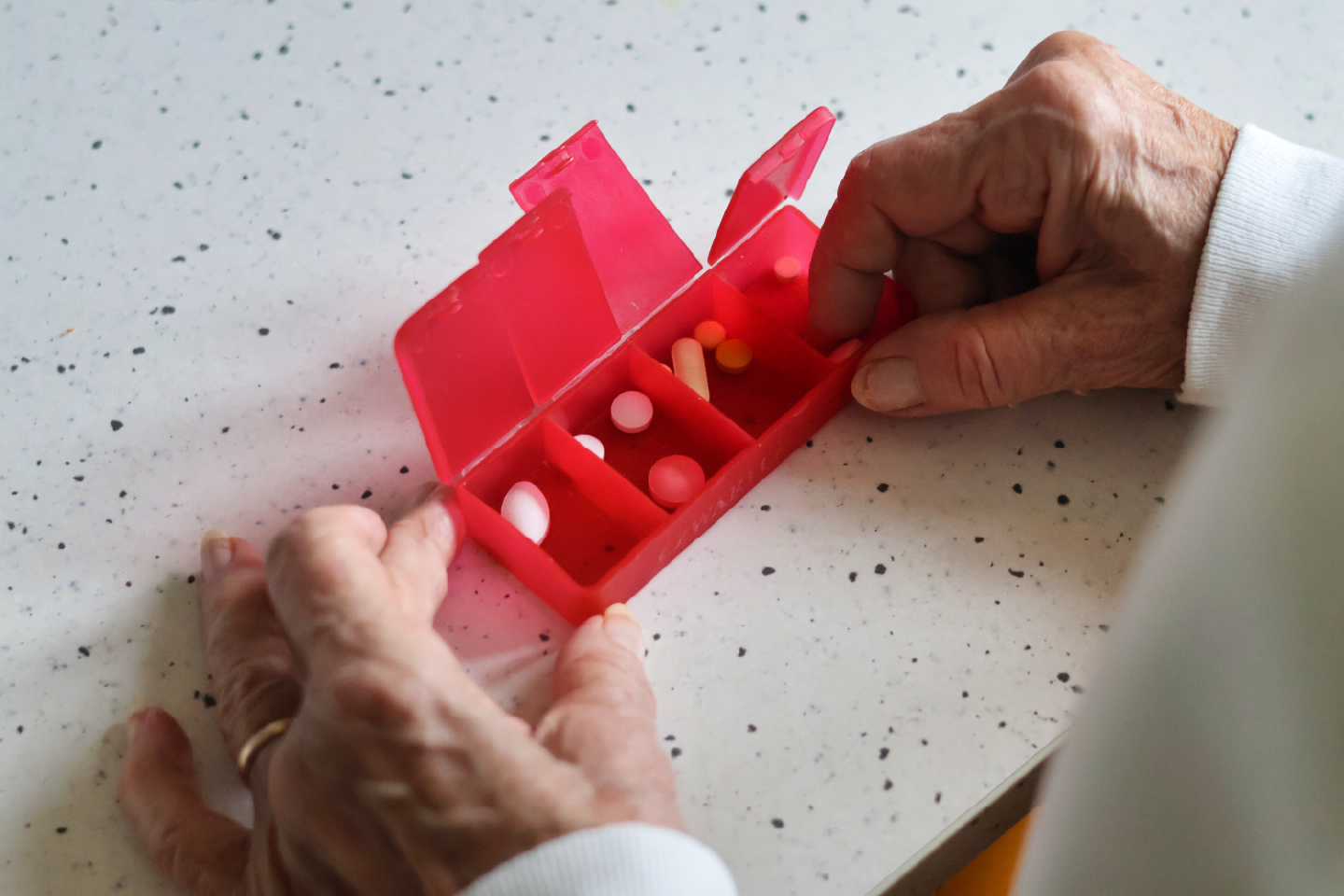How to Create and Maintain Your Personal Medication Record

A personal medication record (PMR) is a comprehensive list of all medications you take, including prescription drugs, over-the-counter medications, vitamins, and supplements. Creating and maintaining this record is one of the most effective steps you can take to prevent medication errors and adverse drug interactions.
Why You Need a Personal Medication Record Having a complete and up-to-date medication record serves several important purposes:
- Helps healthcare providers make informed prescribing decisions
- Reduces the risk of dangerous drug interactions
- Prevents duplicate prescriptions for the same condition
- Ensures appropriate dosing based on your full medication profile
- Provides critical information during emergency situations
- Facilitates medication reconciliation during care transitions (e.g., hospital admission or discharge)
Studies have shown that patients who maintain accurate medication records and share them with their healthcare providers experience fewer adverse drug events and have better health outcomes.
What to Include in Your Personal Medication Record A comprehensive PMR should include the following information for each medication:
Essential Information:
- Medication name (both brand name and generic name if possible)
- Dosage (strength of the medication)
- How much you take at one time (e.g., 1 tablet, 2 capsules)
- How often you take it (e.g., twice daily, every 8 hours)
- When you take it (e.g., morning, with meals, at bedtime)
- Why you take it (the condition or symptom it treats)
- Start date (when you began taking the medication)
- Prescribing doctor
Additional Helpful Information:
- Special instructions (e.g., take with food, avoid sunlight)
- Pharmacy where the prescription is filled
- Prescription number
- Number of refills remaining
- End date (if it's a short-term medication)
- Any previous reactions or side effects
- Any medications you've stopped taking recently and why
Don't forget to include:
- Over-the-counter medications (even those taken occasionally)
- Vitamins and supplements
- Herbal preparations
- Topical medications (creams, ointments, patches)
- Inhalers
- Eye drops
- Injectable medications
Format Options for Your Medication Record There are several ways to maintain your PMR:
Paper Forms: Printable medication record templates are available from many healthcare organizations and pharmacies. These can be completed by hand and easily photocopied.
Spreadsheets: Creating a simple spreadsheet on your computer allows for easy updates and printing.
Smartphone Apps: Numerous medication management apps allow you to enter and update your medications, set reminders, and share information with providers. Some popular options include Medisafe, MyTherapy, and CareZone.
Patient Portals: Many healthcare systems allow you to view and sometimes update your medication list through their patient portal.
Electronic Health Record Access: Some healthcare systems provide patients with complete access to their medication lists through electronic health record systems.
Wallet Cards: Condensed versions of your medication record can be carried in your wallet for emergency situations.
Keeping Your Medication Record Updated For your PMR to be effective, it must be current. Establish a routine for keeping it updated:
- Update immediately whenever a medication is added, stopped, or changed
- Review your complete list before each healthcare appointment
- Bring your PMR to every medical appointment
- Ask your doctor or pharmacist to review your complete list periodically
- Consider setting a calendar reminder for a monthly medication record review
Sharing Your Medication Record Your PMR is most valuable when shared with those who need the information:
- Bring it to all medical appointments, including specialists, dentists, and the emergency room
- Share it with family members or caregivers who help with your healthcare
- Keep a copy in an easily accessible location in your home for emergency personnel
- Consider storing a digital copy in your smartphone's "In Case of Emergency" information
- Upload it to your patient portal if your healthcare system allows this
Tips for Effective Medication Record Management
- Use a consistent format that's easy for you to maintain
- Consider taking photos of prescription labels to ensure accuracy when recording information
- Include medications you take only occasionally or seasonally
- List medications you've stopped taking recently (within the last 3 months)
- Note any drug allergies or previous adverse reactions prominently
- Include emergency contact information
- Update your record before a planned hospitalization
- Review your record after hospital discharge, as medications often change
A well-maintained personal medication record reflects your commitment to being an active partner in your healthcare. By keeping track of all your medications and sharing this information with your healthcare providers, you can significantly reduce your risk of experiencing medication errors and harmful drug interactions.
Your personal medication record is only as good as it is complete. Even supplements and over-the-counter medications you take occasionally can cause significant interactions with prescription drugs.


